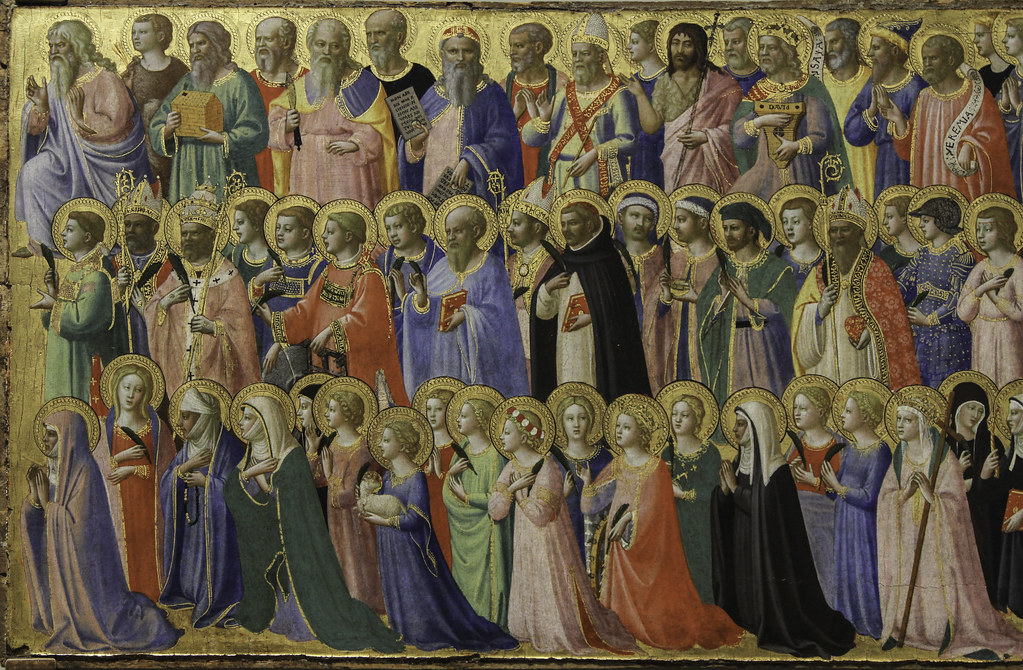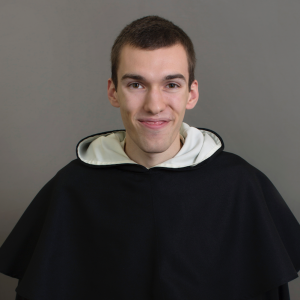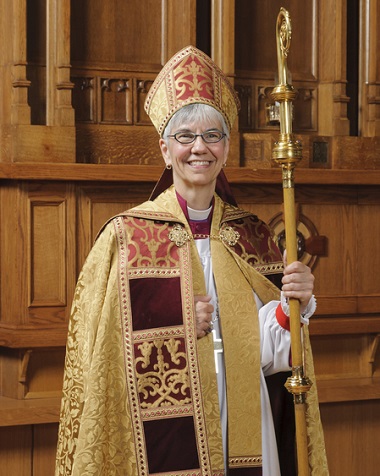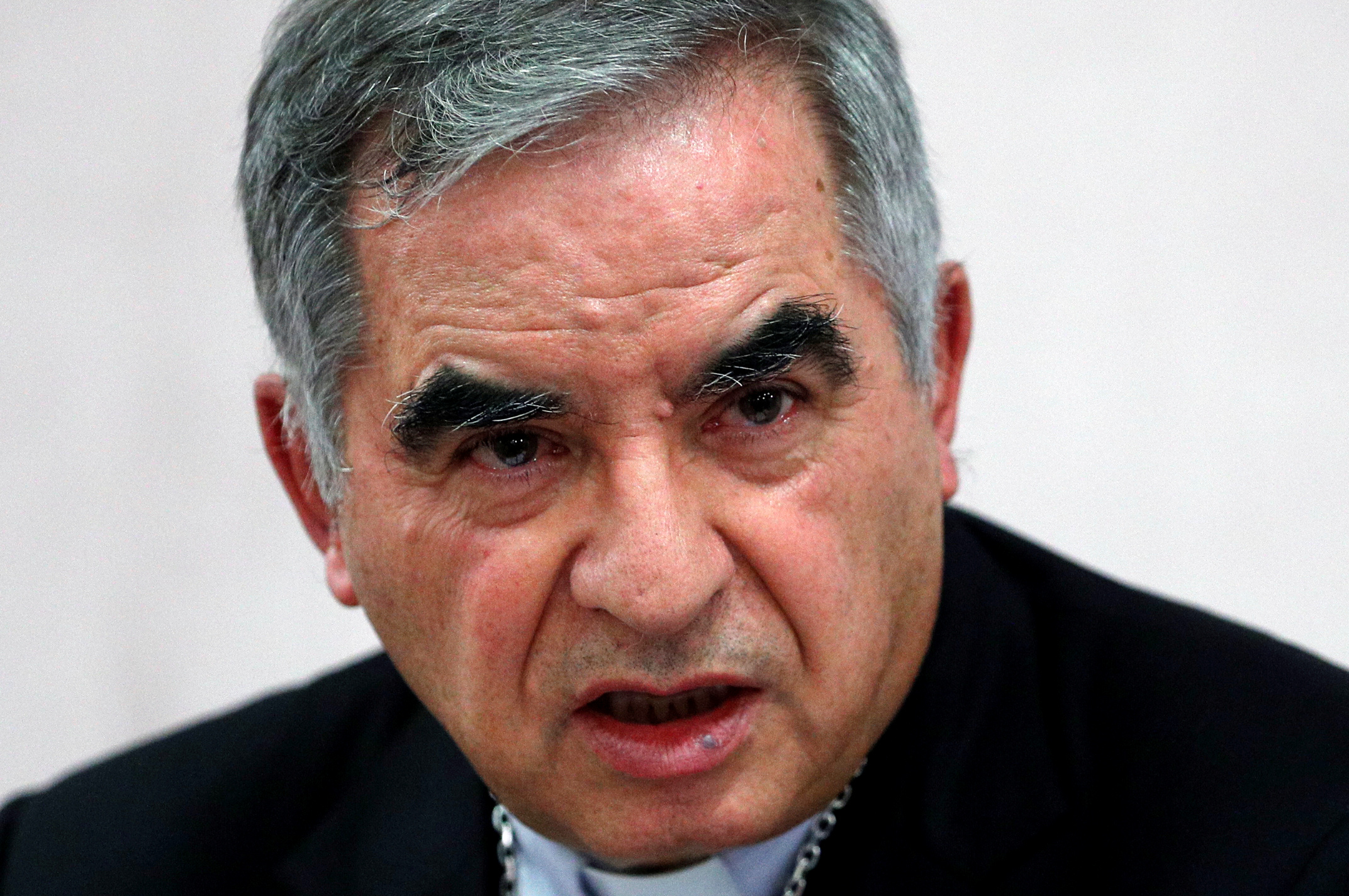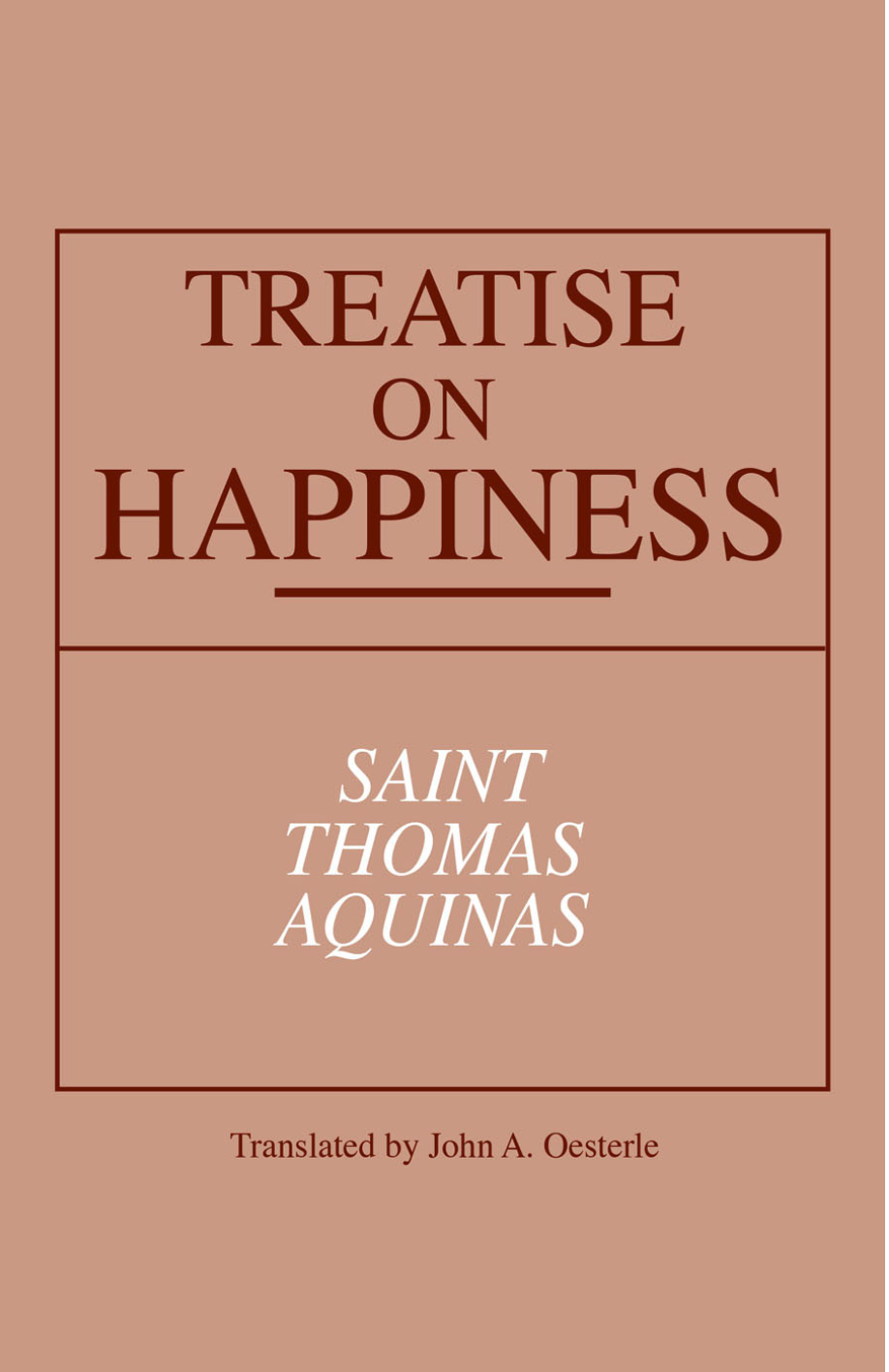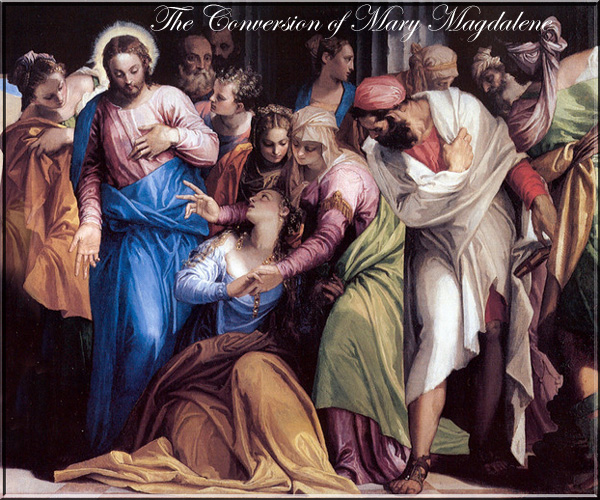
-please click on the image for greater detail
“Purity is the fruit of prayer.”
— Saint Teresa of Calcutta, quoted from the book Purity 365
Chastity as a Virtue
“The Catholic Church wants YOU to have AWESOME SEX!!!!”
Chastity is not a teeth-gritting ability to avoid violating the sexual rules. Rather, chastity is a habit of reverence for oneself and others that enables us to use our sexual powers intelligently in the pursuit of human flourishing and happiness.
“Those who are chaste are fully at peace with their bodies and their sexuality. Chastity is not best seen as the ability to keep oneself from violating the sexual “rules”; rather, it is “a dynamic principle enabling one to use one’s sexual powers intelligently in the pursuit of human flourishing and happiness.”
If chastity is a virtue, it is an aspect of character that a person can aspire to, achieve, stray from, regain. Notice that when the virtue at the top of this spectrum is chastity, there are three different ways of being unchaste—continence, incontinence and the vice of lustfulness.”
-Caroline J. Simon
“The virtue of chastity calls us, as sexual beings, to revere ourselves as creatures made in the image of God and made to honor God through our actions—through how we do have sex and do not have sex,” Matt Fradd writes. “And it calls us to revere other persons for the sake of the other person’s good and ultimate happiness. When we think about it, this loving reverence for ourselves and others is what we deeply desire.”
- However, these truths about the virtue of chastity are easily forgotten today. There are some reasons for our amnesia.
We are unfamiliar with the language of “virtue.” Caroline Simon notes above that chastity (like other virtues that temper human desire for pleasure) is actually an ideal trait, a settled and comfortable “peace” with our well-ordered desires and pleasures—in this case, our desires for and pleasures regarding sex. Chastity is neither mere continence (a difficult, but successful struggle against disordered desires) nor incontinence (a losing struggle); chastity is not a struggle at all. Of course, many of us continue to struggle with wayward sexual desires. But this suggests that we are not yet chaste and not yet at peace with proper sexual desire, as we want to be. - We experience some resentment toward morality generally and toward specific ideals like chastity. The emotion-stance of resentment “involves disparaging and rejecting what is good and strong because we feel unable to attain it,” Fradd explains. We long to be at peace with sexual desire in relationships that “accord with our human dignity and…weave into the happiness that God intends for us in this life.” But this ideal seems unattainable. “All around us we see marriages that are impermanent, personal loyalties that are problematically divided, and spouses and friends who are unfaithful. Sexuality is misused, within marriages and in singleness, in ways that are selfish, in ways that are abusive, and in ways that do not honor God,” he notes. “So, we end up despising the ideal. We call chastity ‘oppressive’; we call it ‘naïve.’Lacking the strength in ourselves and having little community support to obtain the ideal we desire, we end up resenting it.”
- We mistakenly think chastity revolves around not having sex. Yes, during singleness and at times in marriage it is appropriate to not have sex. But abstinence is not the heart of this virtue. “Simply put, chastity is a sort of reverence: a chaste person reveres and respects the other person by making sure that before they have sex, both are united in a common aim—namely, a marriage commitment whose mutual goal is the gift of self to the other,” Fradd writes. “When people will the good for one another in this way, they do not act solely on passing desires and feelings, but rather on their commitment to help the other person attain the good and honor God.”
- We mistakenly think chastity revolves around repressing sexual desire and not thinking about sex. This is “almost exactly backwards,” Fradd notes. Chastity has no interest
in eliminating true sexual desire, which says, “This is my body given for you,” but it would like to rid our lives of the lust that says, “This is your body taken for me.” Furthermore, chastity has no interest in stopping our thinking about sex, but it would like for us to think carefully and well about sex. Fradd says, “The place to start is with the telos for which God created us, and why God made the other creatures and us sexual beings: ‘Be fruitful and multiply’ (Genesis 1:22, 28). This tells us that sex, sexual desire, and orgasms are good. Chastity wants us to think about what good it is that they were created for. How do they fit within God’s plan for us to love one another and honor God?”
“Teacher, which commandment in the law is the greatest?” Jesus said to him, “‘You shall love the Lord your God with all your heart, and with all your soul, and with all your mind.’ This is the greatest and first commandment. And a second is like it: ‘You shall love your neighbor as yourself.’ On these two commandments hang all the law and the prophets.”
— Mt 22:36-39
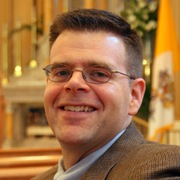
-by Steve Weidenkopf
“By the eleventh century, the Church found itself in great need of reform, especially the clergy, and the Holy Spirit provided a series of reform-minded popes. These popes began their ecclesial careers as monks, and many of them had spent time at the famous reformed Benedictine monastery at Cluny in France. When Bruno of Alsace was elected pope in 1049, taking the name Leo IX, he initiated one of the most comprehensive reforms in Church history.
Leo (r. 1049-1054) recognized that simply issuing reform decrees from Rome would not change clerical behavior and restore the Church, so he decided to go on one of the most important road trips in papal history. During his five-year pontificate, he spent only six months in Rome, taking his reform road show to France, Italy, and Germany. Wherever he went, Leo deposed immoral bishops and punished clerics who were guilty of simony. Although those actions were necessary, the pope recognized that the major problem with clerical behavior was infidelity to the promise of celibacy.
In the first three centuries of Church history, there was no law prohibiting the ordination of married men, and many priests were married; however, marriage was never permitted after ordination. Moreover, all priests—married, single, or widowed—practiced sexual abstinence after ordination. The first recorded Church legislation concerning clerical celibacy in the West was decreed at the Synod of Elvira in Spain around the year 300, and in 385, Pope Siricius (r. 384-399) mandated celibacy for all clergy in the West.
But despite the longstanding practice of the Church, clergy in the early medieval Church often did not live celibacy faithfully. Many priests were not properly trained or formed, and they flouted their vow of celibacy, taking mistresses and concubines who bore them children, causing great scandal. Other priests engaged in homosexual acts. All the while, bishops and abbots seemed hesitant to act and restore virtue to the priesthood and monasteries.
But one monk was not afraid, and he wrote a book in which he called for Leo IX to remove this stain of clerical immorality. His name was Peter Damian, and today (Feb 21) is his feast day.
Peter was born in Ravenna seven years into the eleventh century. His early life was marked by suffering; both his parents died when he was an infant. An older, abusive brother and his concubine took Peter into their home, where he was beaten, starved, and sent to work as a swineherd. In the midst of this tribulation, Peter took solace in Christ and developed deep piety. When he found a gold coin in the mud while tending the pigs, for example, instead of spending it on himself, Peter ran to the parish priest and paid a stipend for a Mass to be celebrated for the repose of his father’s soul.
Eventually, Peter was rescued from his horrible conditions by another brother who recognized Peter’s intellectual gifts and ensured he received an education in the liberal arts. This brother’s love and generosity influenced Peter to add his brother’s name, Damian, to his own and he henceforth was known as Peter Damian.
Peter’s devoted his life to growing closer to God, and he performed many acts of mortification to drive away temptations of the flesh. His spirituality was focused on the Cross, and he wrote, “Those who do not love the Cross of Christ do not love Christ” (Sermo XVIII, 11). He incorporated this focus into his life to such a degree that he came to describe himself as “Peter, servant of the servants of the Cross of Christ.”
In his late twenties, Peter joined a monastery, where he committed himself to personal reform and to pursuing reform within his community. He knew that reform in the larger Church and even in secular society was impossible without first focusing on the individual. Peter was appalled by the immoral behavior of the diocesan clergy and monks and endeavored to return his brother priests to virtuous living. During the time of Leo’s reign, he composed a book critical of clerical sexual immorality.
Addressed to the pope, the book (given the title The Book of Gomorrah centuries later) was not just a diatribe against sin but was also an exhortation to personal penance and a return to virtue and was written in a firm yet compassionate tone. He exhorted fellow priests who were tempted by the devil toward carnal pleasures to orient “your mind to the grave.” Even as he offered a chapter on “a weeping lamentation over souls surrendered to the dregs of impurity,” he provided also “an exhortation to the man who has fallen into sin, that he might rise again.”
He also noted that the “cancer of sodomitic impurity” was raging through the clergy “like a cruel beast,” decrying that “degenerate men do not fear to perpetuate an act that even brute animals abhor.”
Pope Leo IX favorably responded to Peter’s book and adopted many of his recommendations. Over time this work became an important part of the eleventh-century reform movement.
A few years after completing his manuscript, Peter was ordained a bishop and later created a cardinal. Peter wrote extensive letters, sometimes signing them as “Peter the Sinner” or “Peter the Sinner-Monk,” which provide a window into the soul of this important saint in the life of the Church. The life of St. Peter Damian is a model of virtue to Catholic clergy, and his words provide an exhortation and a warning for all Catholics not to let sexual vice taint the life and mission of the Church.”
Love,
Matthew





